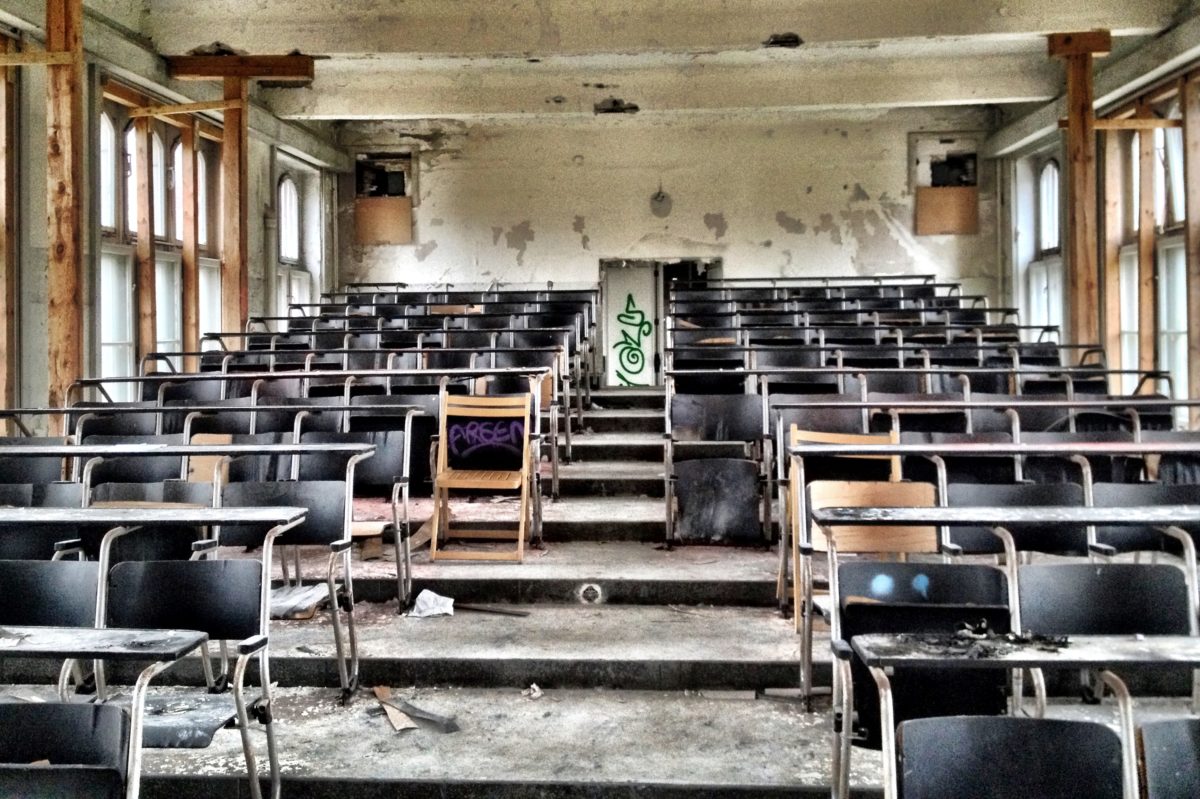A recent article in The New York Times about the state of student writing bemoans a dwindling number of English majors at select colleges and blames the trend on a general retreat from the humanities. It alleges this flight from the humanities to be driven by a “narrowing vocational emphasis” focused on “payoff” rather than educational engagement. Such jeremiads are increasingly common.
But it is not the case that the skills taught in the humanities have fallen out of demand. Employers still need people who can adapt and learn on the job, people who can read, write and construct a reasonable argument, people who can come up with a creative solution to a complex problem or otherwise take charge in uncertain situations. Demand is not the problem. Rather, supply is the problem. In particular, our educational system encourages students and parents to adopt a mindset that does not facilitate the development of a well-educated, independent mind.
While this mindset might also impact the sciences and other empirical disciplines, it has a particularly deep impact on the humanities, a group of disciplines which are already fragile because the standards against which students are measured are less rigorous than the standards applied in the sciences.
Of course, students (and in an indirect way, their parents) are responsible for the content of their own minds and for the decisions they make. But government involvement in the educational process remains a significant factor that contributes to the overall problem insofar as it disincentivizes the intellectual independence and critical thinking needed to obtain a liberal arts education.
Consider the two chief examples of problematic government intervention in education: government money and government educational standards.
Easily obtained money provided by the government, such as Pell Grant funding and subsidized loans, make it possible for record numbers of students to attend universities. This massive influx of unearned money discourages students and parents from choosing the school best suited to their individual needs and instead encourages a whimsical attitude toward what would otherwise be a serious life choice.
While increasing levels of student debt are encouraging students and parents to think more about the value of a college education relative to a career, the influx of government money only continues to disincentivize intelligent decision making about where students should attend college. The trend is reflected in the uncritical impulse parents have to send their children to community colleges without considering the quality of the education they will receive there.
The standards which come tied to the government money also free students and parents from the responsibility of critically assessing the value of their educational experience. Students are given less incentive to evaluate what they will learn at a given university to the extent that they think its government accreditation is a hallmark of quality. They need not worry about the value of classes they take as long as they fulfill the requirements set forth in the degree plan. They need not worry about the accuracy of their professor’s statements, as long as they are able to select the expected answer on the test.
A study by the National Commission on Writing suggests that employers are now investing substantial amounts of money in new college graduates to teach them how to write. This is the natural result of government standards that permit students to attend class and memorize what the professor tells them, or participate in discussion and receive an ‘A’ for showing up. Essentially, easy money and lax standards discourage students from making the most of their education.
The mind that is undisciplined and unvigilant in managing its practical affairs will be less likely to be vigilant in applying itself to the abstract content of the classroom. Students who do not have to worry about questions of importance outside the classroom are less likely to take seriously questions of importance inside it. This lack of seriousness is part of what prevents students in the humanities from obtaining the skills which the humanities have the potential to teach. There have always been lazy students and unreflective parents, but there have not always been government standards and government money for education that provide perverse incentives that encourage consumers not to think.
The answer to this crisis is a free market, capitalist system of education in which students would need to take a more active role in making the decisions that drastically affect their future when applying to and spending money on college. Driven by a market that demands and rewards creative, competent and disciplined people, students who weigh the risk and reward of a college education will be better prepared to master the challenges of the classroom and the workplace.
When students and parents assume the responsibility of assessing both the financing and content of their education, both will take more seriously the fact that ideas matter and that what they learn in classrooms will affect the way they think and their ability to succeed in life.
University students who cannot criticize the content of their classes can all too easily become citizens who cannot criticize the actions of their government. It is a short step from being an uninformed university student to being an uninformed citizen. It is a step across the stage of graduation.
Creative commons-licensed image courtesy of Flickr user Teeejayy.





